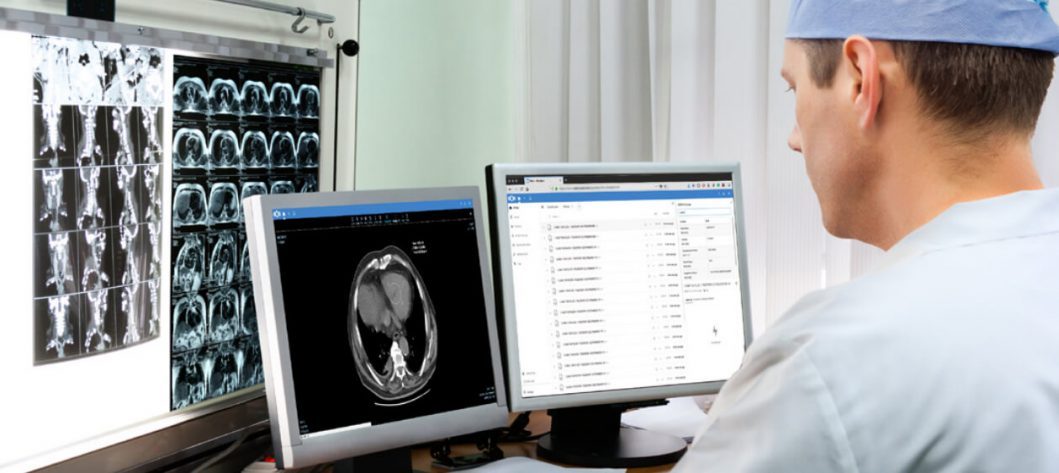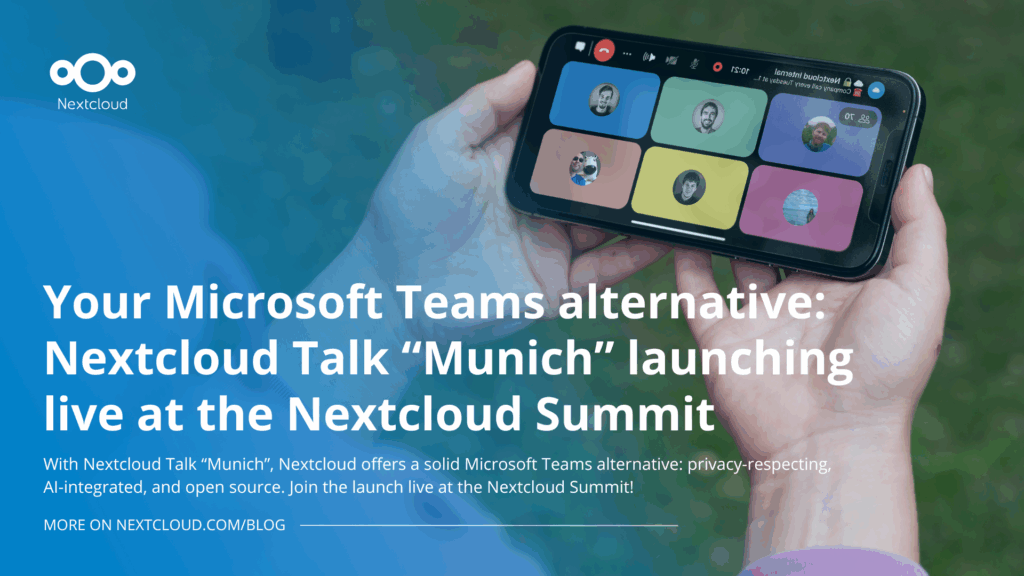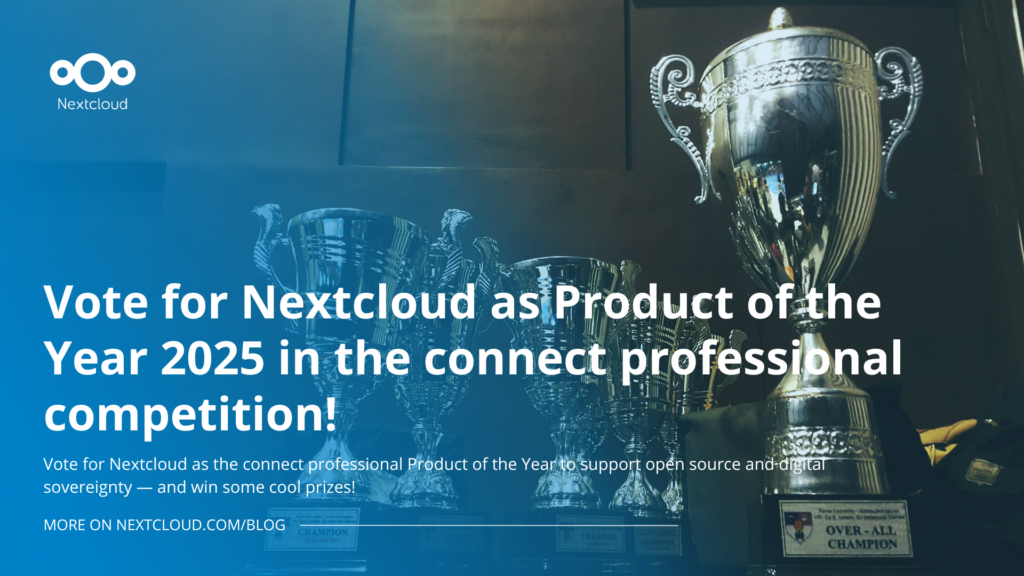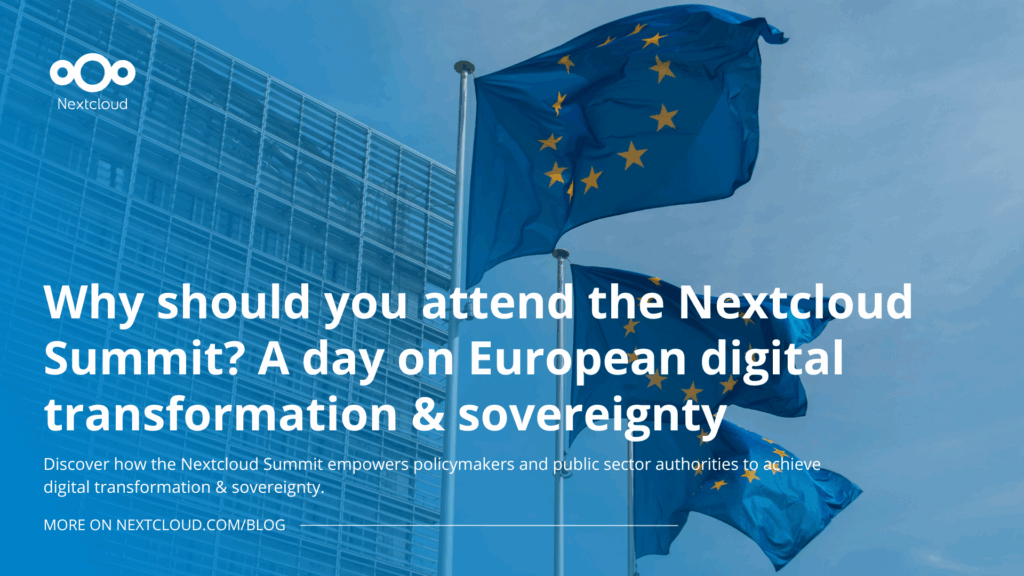Harvard Medical School, Kiel University of Applied Sciences and others are using Nextcloud in the fight against COVID-19
Nextcloud Hub is used in dozens of universities, hospitals, and medical institutes in various ways, aiding in fighting the pandemic. The DICOM viewer app for Nextcloud in particular is used in Brazil in the fight against COVID-19. At the Kiel University of Applied Sciences Nextcloud is used in the development of bluetooth measurement algorithms from the OHIOH.de research team. This is a research project using machine learning and AI to improve the accuracy of Bluetooth-based COVID-19 tracking apps where information is collected through “Bluetooth”. The application focuses on research topics to warn and help with required actions in fighting and minimizing the spread of COVID-19.
Harvard Medical School with DICOM viewer app supports the global fight against COVID-19
Nextcloud Hub is currently used to diagnose COVID-19 cases in Brazil, as noted in an earlier press release by the Massachusetts General Hospital (MGH is the original and largest teaching affiliate of Harvard Medical School, Boston, MA, USA). To support the global fight against COVID-19, the Nextcloud 19 release featured additional HIPAA compliance-related capabilities, enabling even more extensive use with medical data.
The MGH press release concerns a paper in the Journal of Clinical Oncology on the OHIF Viewer and Cornerstone libraries for web-based medical imaging. Support for viewing medical images was developed for Nextcloud by lead developer Aysel Afsar with the release of the DICOM viewer in February 2018 and is currently being used in Brazil to diagnose cases of COVID-19.
The use of OHIF/Cornerstone imaging technology as a web viewer for the Nextcloud open-source file sharing platform is being made available for free to help save lives during this COVID-19 crisis. This type of integration is exactly the kind of use of open source software that we envision to benefit the medical sector and it is our main motivation behind building open, easy access technology and imaging platforms for medical data.
— Gordon J. Harris, Professor of Radiology at Harvard Medical School, Director of 3D Imaging at the Massachusetts General Hospital and President of the Open Health Imaging Foundation
The multiple benefits of open source at the Kiel University of Applied Sciences
One of the dangers of spreading viral infections is the invisibility of the infection chain. Through a combination of user location data and a central smartphone app, we can make this infection chain usable and thus reduce the infection rate. Hospitals, physicians, and emergency rooms can be relieved and work again in a manageable workload. This stabilizes our healthcare system.
Kiel University of Applied Sciences is generally using Nextcloud as their cloud storage system for professors, employees and students hosted by DFN-Cloud. Especially in the OHIOH research project, a separate implementation of Nextcloud had been chosen to store research data for the Bluetooth-based warn app development to fight against the spread of COVID-19.
At Kiel University of Applied Sciences our main priority is to enable students to learn in a safe and stimulating environment. Open source technologies are a natural fit for scientific endeavors and in the OHIOH project, our students collaborate through Nextcloud to develop new, open source technologies that can aid in the fight against the COVID-19 pandemic.
— Prof. Dr.-Ing. Michael Prange, Professor of Data Science (M.Sc.) at Kiel University of Applied Sciences & Head AI Lab Kiel
The OHIOH-App is based on a framework with multiple technologies, such as Bluetooth, GPS, and QR-Codes. OHIOH-App will be further available as an open source product to sustainably protect society from viruses and diseases. With the OHIOH-App tracing can work 100% open source and with higher accuracy based on the user’s needs. The architecture is modern: A progressive web app that needs no Google play or app stores and is directly available and installable for all devices from the web.
The goal is to bring a new opensource mindset to Germany especially in the sections of privacy-preserving manner and health. One important step was the research entitlement from the Chief Information Officer of Schleswig-Holstein Sven Thomsen. We don’t see us as an implementer or host for App technology. We provide the knowledge, exchange it, and focus on research at the University of Applied Sciences in Kiel. The App is freely available for everyone who needs it.
— Tjark Ziehm, Founder of OHIOH-App
The OHIOH-App
The OHIOH.de app offers users a convenient platform for voluntarily transferring personal data from smartphones over the Internet to a security-certified database. This database is connected to the app on each device and is used to collect and analyze the supplied information. The app stores the contact data of the users. In the event of confirmed infection, users can share this data to help inform other contacts, including unknown contacts, of a possible risk of infection via a warning message. People who have been warned can then take appropriate action.
Get involved, too!
Find more information about the OHIOH app here. You can easily download and test the app here.
Of course, you can also get involved in Nextcloud, building and improving the platform that already brought privacy and security to half a million servers and tens of millions of users around the world! You can get coding on nextcloud.com/developer and find other ways of getting involved on nextcloud.com/contribute.










